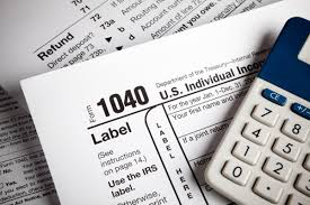
Choosing Qualified Tax Services
Last updated: June 6, 2016
All paid tax professionals require a Preparer Tax Identification Number (PTIN)). However, the skill level, expertise and education may vary wildly.
Among the qualifications and credentials that your tax preparer is likely to hold is “Representation rights”. Representation Rights are held by CPAs, attorneys and IRS certified “enrolled agents”. Taxpayers may be represented by any of these professionals.
IRS enrolled agents must pass a three part enrollment exam. This comprehensive test requires each qualified tax preparer to demonstrate knowledge in business and individual tax return preparation, tax planning and representation before the IRS. The continuing education every three years is a comprehensive 72 hours.
Certified Public Accountants are licensed by their State Board of Accountancy. They have graduated with accounting degrees and have acquired CPA credentials; The top tax preparers may also have other experience or certificates obtained from continuing education. They are well qualified in the filing of tax returns.
Attorneys are also licensed by the state. They usually must pass the law bar exam after earning a law college degree. Continuing education is required to stay proficient in the ever changing tax law.
Tax preparers that don’t have any of the credentials listed above have limited representation rights for their client. Collection issues and appeals are outside their area of expertise. The top tax professionals will display some credentials to indicate their level of income tax expertise.
The IRS has set up a voluntary Filing Season Program for tax preparers for those that aren’t CPAs, tax lawyers, or IRS “Enrolled Agents”. After a number of training hours, the IRS will issue an Annual Filing Season Program Completion record. This shows that all income tax preparers have completed all necessary additional education.
The IRS has a public directory to determine if your tax preparer has the credentials (PTIN) to file your return with the government. The taxpayer can sort the IRS database to verify his tax preparers credentials and qualifications.
Caution: After December 31, 2015, the participants in the Annual Filing Program have had their practice rights limited. All tax preparers who have a Preparer ID Number (PNIN) is qualified to file your tax return with the IRS.
